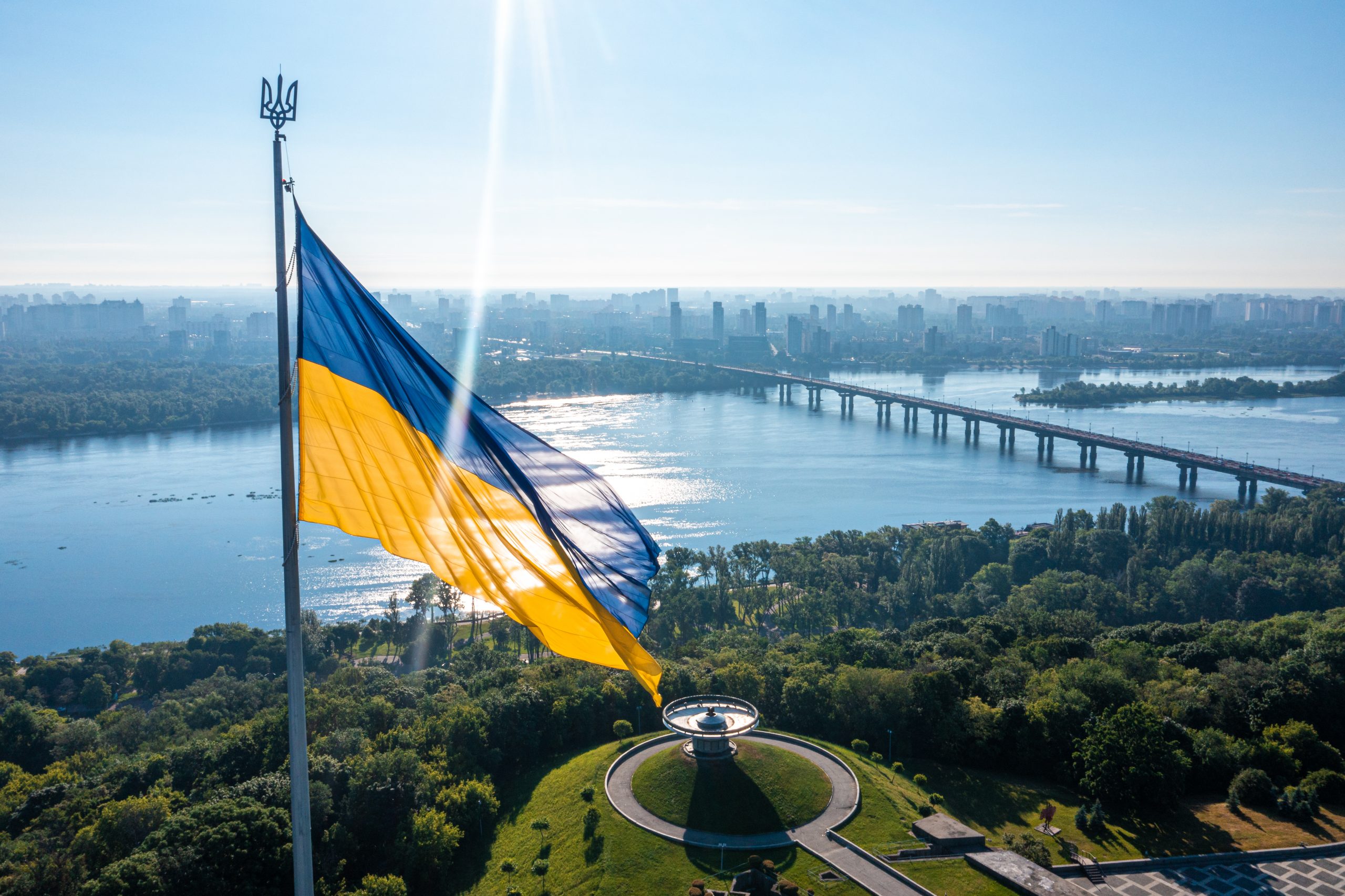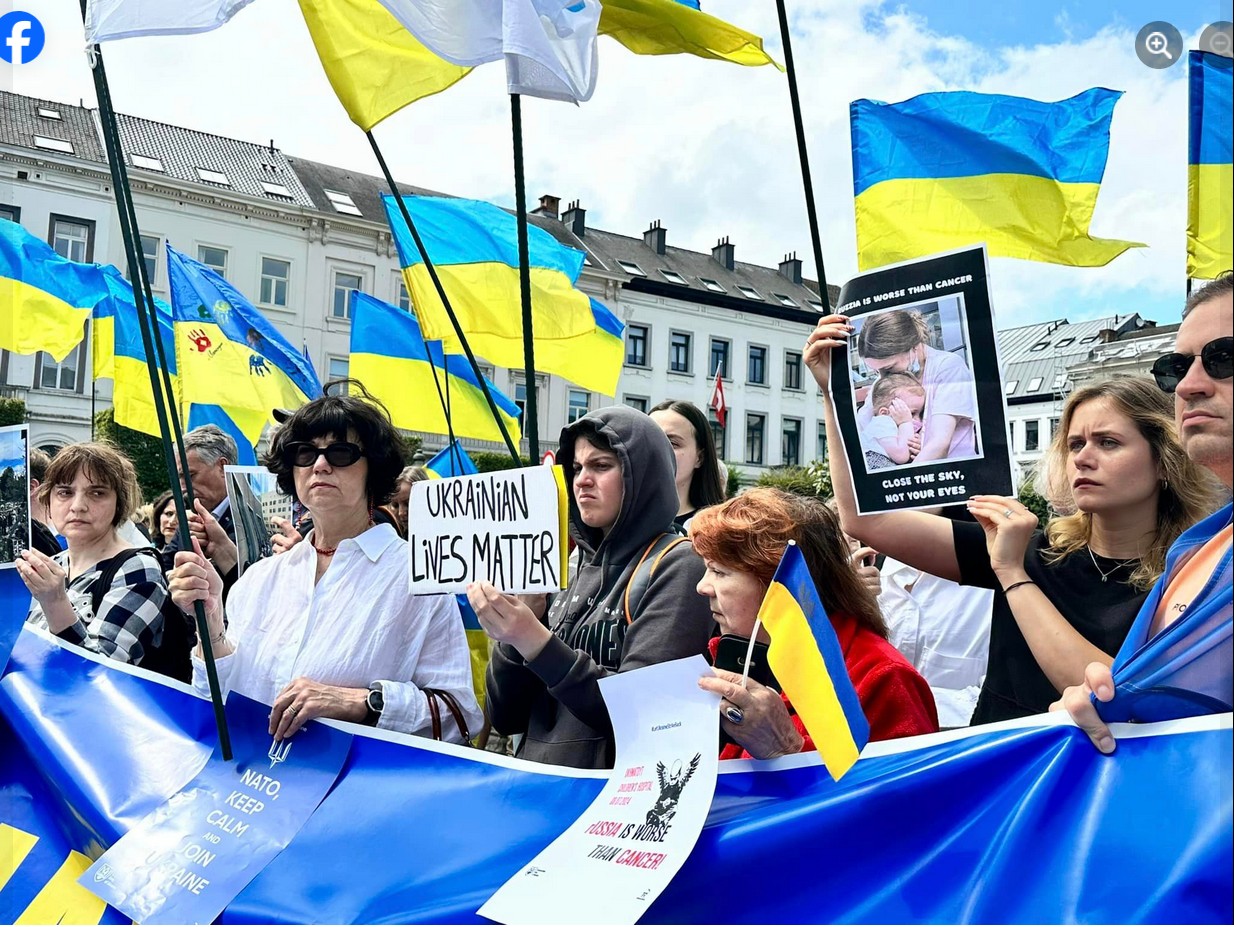Russian propaganda war against the West continues without serious resistance
Europe can hardly be called completely disarmed in front of Russia, but the scale, concrete manifestations and consequences of the Kremlin’s hybrid war against the West are not well understood here. This is evidenced by Dr. Susanne Spahn’s report entitled “Russian Mass Media in Germany: How Russian Information Warfare and Disinformation Affect Germany,” made with the support of the Friedrich Naumann Foundation for Freedom (FNF).
Dr. Spahn draws attention to the fact that the deployment of a large information army, which is set to convey the Kremlin’s official position to a wide West and, in particular, German audience and undermine local values and institutional foundations, occurred during the active phase of the Russian-Ukrainian war. At a time when the sanctions regime was imposed on Russia, it responded with a previously prepared counter information attack, which has not weakened since then, but only intensified. But why not intensify if there is no proper counteraction?
The Russia Today TV channel, which later became simply RT, was launched back in 2005, but flourished later, and is primarily associated with the tasks of an aggressive foreign policy. In October 2014, the new RT UK TV channel began broadcasting in Great Britain. In December 2017, the RT France TV channel appeared. In Germany, the law prohibits the issuance of licenses to state-funded TV channels, but RT International has a British registration — it broadcasts from Britain to EU countries — and RT Deutsch has been operating in the German media market as an online portal since November 2014.
RT should not be confused with another propaganda mouthpiece that has a similar name. At the end of 2013, the country’s largest news agency, RIA Novosti, merged with the Voice of Russia international broadcasting company, and thus the Russia Today international media outlet appeared in order to “cover the state policy of the Russian Federation and Russian public life abroad.” Subsequently, the new media group was included in the list of strategic enterprises of the Russian Federation, which are of particular importance for the defence capability and security of the state. In November 2014, Russia Today launched the Sputnik International project.
At the end of 2014, RT had 22 offices in 19 countries. Russia Today’s Sputniknews portal is now available in 31 languages. Sputniknews radio programmes have been broadcast since the beginning of 2014. First, the former Voice of Russia was renamed Radio Sputnik, and since December 2014, to SNA Radio, hiding the name Sputnik News Agency behind the abbreviation. As a result, not everyone who deals with a radio station abroad realises that Russian money and Russian interests are behind it.
These powerful information resources not only broadcast the Kremlin’s official position, but also try to influence the political situation in the countries to which they are broadcast. In particular, the RT France TV channel was created specifically for the presidential elections in this country and strongly supported the leader of the National Front, Marine Le Pen. Russian foreign media outlets also prioritise the coverage of German political life with the ultra-right AfD and radicals from Links, constantly criticising Chancellor Angela Merkel and government policies.
A separate area is work with young people, stimulating their oppositional attitude and exposing the “insurmountable” social and economic problems of the West. For this purpose, the Ruptly TV video news agency, a subsidiary of the RT television company, was created. In 2018, Ruptly TV, in turn, founded the Redfish GmbH and Maffick Media GmbH companies, which operate on social networks and distribute seemingly depoliticised stories through the Redfish, In the Now, Waste-Ed and Soapbox channels on Facebook, Instagram and YouTube. The affiliation of these channels to Russia is also hidden in every possible way.
Another area is the Internet Research Agency, which is a “troll factory” of Russian oligarch Yevgeny Prigozhin, who is close to Putin. The organisation’s involvement in interference in the 2016 US election campaign was exposed and documented by a team of Special Counsel Robert Mueller. In the same way, through troll attacks and the creation of fake accounts, Russia tried to influence the 2017 Bundestag elections by disseminating refugee-related information. During this period, the number of tweets in German posted from Russian IP addresses increased 35 times.
Despite the disruptive influence of Russian propaganda resources on a Western, in particular European, audience, they are not often confronted. There are few examples: the Sputniknews Swedish portal was shut down due to criticism in March 2016; the company’s office in Estonia was closed in November 2019 as Estonian banks stopped making payments due to the falling of CEO Dmitry Kiselev under EU sanctions. French President Emmanuel Macron called RT and Sputnik agents of influence, but this did not go further.
Russia, which is actively fighting any signs of opposition at home, where administrative fines and criminal prosecution for media articles and social media posts have become commonplace, uses the West’s free information space to undermine democratic and liberal values, incite political and social conflicts, in particular on an ethnic and racial basis. RT Editor-in-Chief Margarita Simonyan called her channel the Kremlin’s “Ministry of Defence,” “a weapon like any other.” Unfortunately, Susanne Spahn’s report proves that in the West, in Europe and specifically in Germany, there is no full awareness of the danger posed by the Russian propaganda media outlets. The lessons of Ukraine, which after a hybrid information intervention from the Russian side received a hot war and suffered territorial losses, have not yet been learned.
Leonid Shvets






 UA
UA FR
FR DE
DE




